
Bournemouth University Clinical Research Unit (BUCRU) incorporates the Dorset office of the National Institute for Health Research (NIHR) Research Design Service South West (RDS SW). This means that in addition to the support outlined in previous blogs, we can also provide access to the following:
RDS SW Grant Applications Workshop
The grant applications workshop is directed at researchers who are considering applying to peer-reviewed funding competitions for applied health or social care research, and is intended to allow them to turn good applications into excellent ones.
The workshop does not provide detailed training in research methodology but rather covers the full range of issues inherent in developing a successful grant application. It will be of relevance to researchers applying to any of the major health research funders, but particularly the NIHR funding schemes.
Researchers should have a plan for a project but, ideally, a worked up proposal, even one that has been previously rejected. All proposals will receive detailed written feedback from the RDS team.
The next workshop will be held at Taunton Racecourse, Somerset on the 7th November 2013. Unfortunately, the deadline for applying has now passed. The next workshop is scheduled for the spring. For more information please see http://www.rds-sw.nihr.ac.uk/gaw.htm.
RDS SW Residential Research Retreat
The Residential Research Retreat provides an opportunity for research teams to develop high quality health related research proposals suitable for submission to national peer-reviewed funding schemes. The aim of the Retreat is to provide the environment and support to promote rapid progress in developing proposals over a relatively short time period.
At the retreat participants are supported by a range of experts while developing their research proposal. They work intensively on their proposal, while learning how to maximise its chances for successfully securing a grant.
The next Retreat will be held at the Ammerdown Conference Centre, near Bath in Somerset from 1 June to 6 June 2014 inclusive. To win a place on the Retreat, applications should be submitted by 1pm on Friday 17th January 2014. For more information see http://www.rds-sw.nihr.ac.uk/rrr.htm or our recent blog post http://blogs.bournemouth.ac.uk/research/2013/09/24/desperate-for-uninterrupted-quality-time-on-your-grant-application-come-to-the-residential-research-retreat/.
RDS SW Project Review Committee
The RDS SW Project Review Committee provides an excellent opportunity for researchers to obtain a critical review of a proposed grant application before it is sent to a funding body. The Committee brings the benefit of seeing the proposal with “fresh eyes”, replicating as far as possible the way the real funding committee will consider the application. Committee members include senior research consultants who have considerable experience of obtaining research funding, resulting in comprehensive comments and advice.
Committee meetings take place approximately nine times per year. To submit a study for review at the meeting, paperwork must be provided to the Committee via BUCRU two weeks prior to the meeting date, and at least a couple of months before the intended funding deadline. For more information and a list of meeting dates see http://www.rds-sw.nihr.ac.uk/project_review_committee.htm.
Centre of Postgraduate Medical Research and Education (CoPMRE) Annual Symposium
In addition to events aimed at supporting the development of grant applications we also host an event geared towards dissemination. The CoPMRE Tenth Annual Symposium was held on 16th October 2013 at the Executive Business Centre (please see our recent blog post http://blogs.bournemouth.ac.uk/research/2013/10/22/copmre-tenth-annual-symposium-2/). These successful annual conferences have been running for the past ten years and have featured themes such as ‘Professionalism and Collaboration’, ’Research Innovation’, ‘Interprofessional Learning’, and ‘Social Media’. This year’s Symposium focused on medical devices and medical education. The conference is open to all healthcare professionals and academics. Information about the next Symposium will be posted on our website in due course and you will be able to register online nearer the time.
Contact us: For further information about the Grant Applications Workshop, the Residential Research Retreat and the Project Review Committee you can contact us by:
Or pop and see us on the 5th floor of Royal London House!
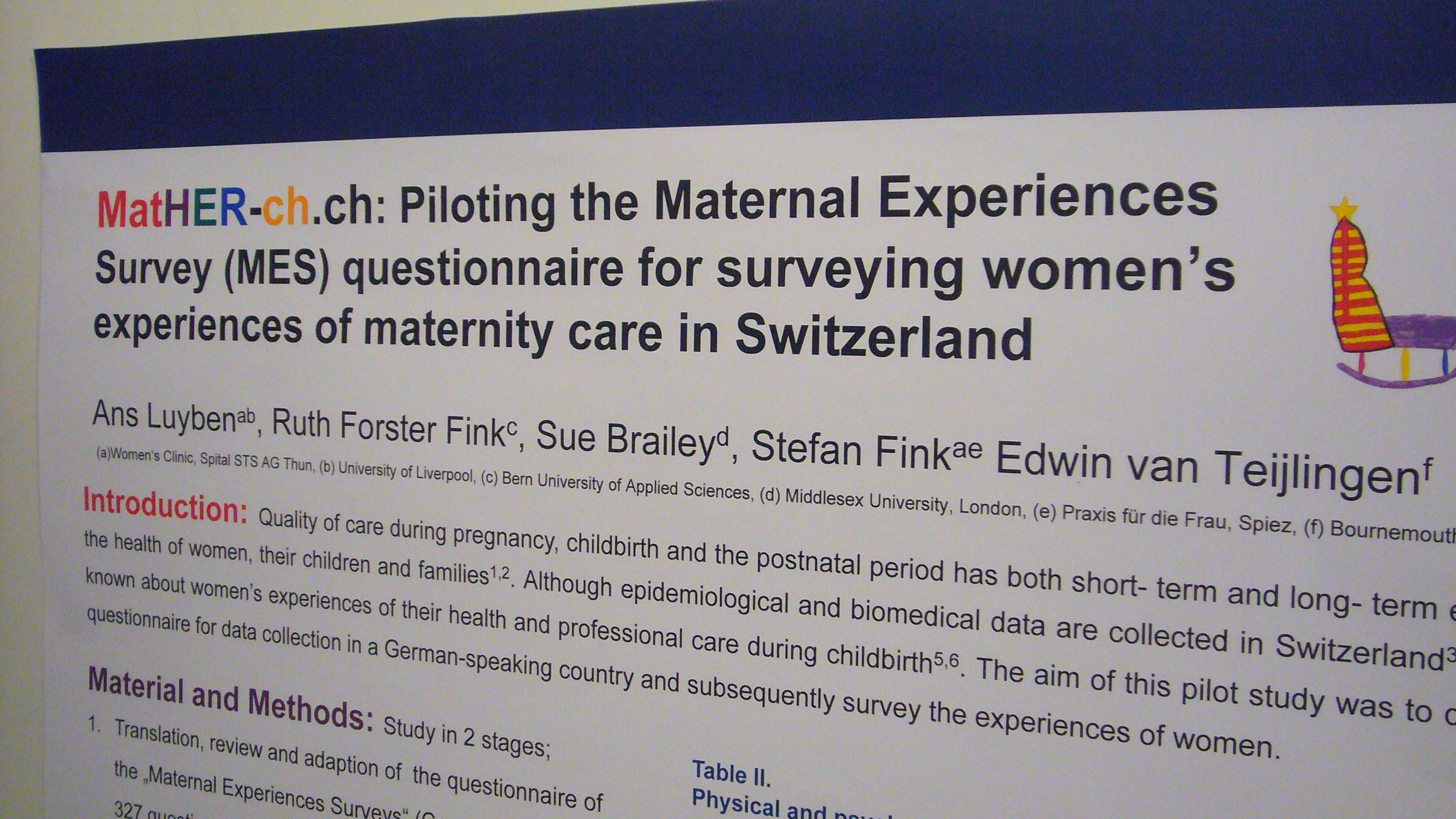 Last week BU Professor Edwin van Teijlingen attended the international conference ’Optimising Childbirth Across Europe (Optimise2014)’ [http://optimisebirth.com/] in Brussels, Belgium. This new conference in the maternity care field was based on the work of the COST (Co-operation in Science and Technology) Action IS0907. This Action, over the period 2010-2014, set out to advance scientific knowledge about ways of improving maternity care provision and outcomes for mothers, babies and families across Europe by understanding what works, for who, in what circumstances, and by identifying and learning from the best.
Last week BU Professor Edwin van Teijlingen attended the international conference ’Optimising Childbirth Across Europe (Optimise2014)’ [http://optimisebirth.com/] in Brussels, Belgium. This new conference in the maternity care field was based on the work of the COST (Co-operation in Science and Technology) Action IS0907. This Action, over the period 2010-2014, set out to advance scientific knowledge about ways of improving maternity care provision and outcomes for mothers, babies and families across Europe by understanding what works, for who, in what circumstances, and by identifying and learning from the best.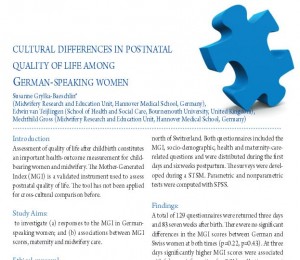


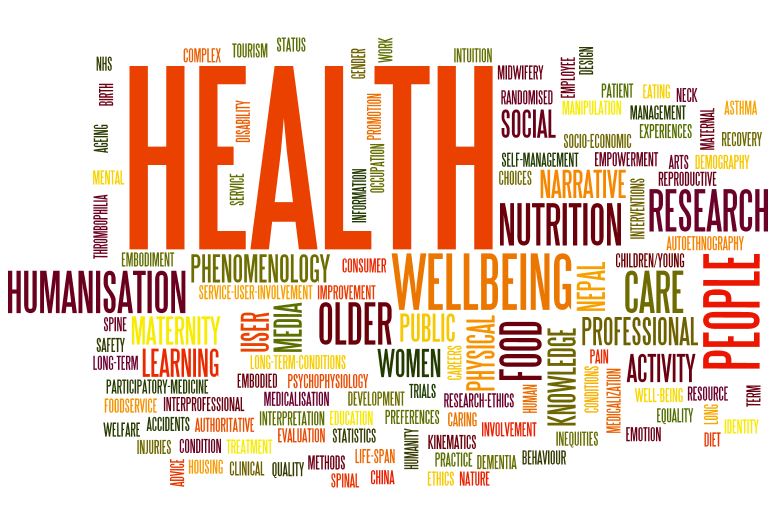
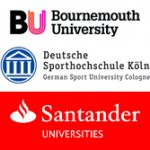
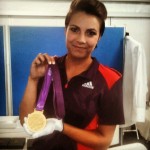
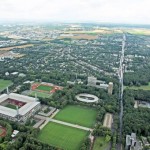
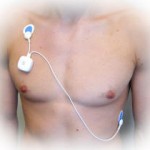
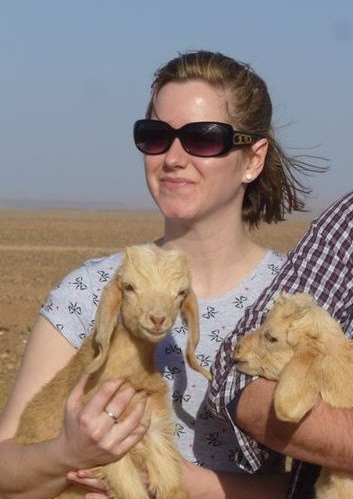
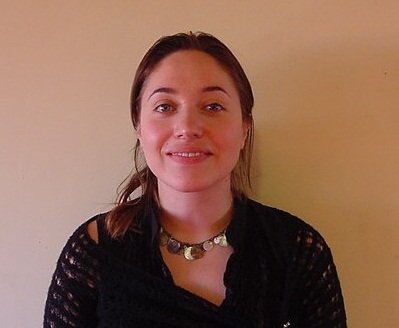
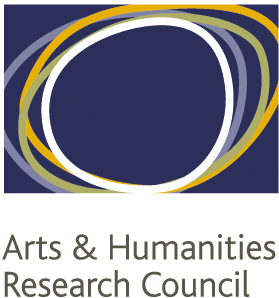 On January 20, 2014 Bournemouth University played host to a lunchtime visit from the AHRC. The funding advice seminar covered general information about the Arts & Humanities Research Council, as well as tips and advice on AHRC bid writing here at from BU. In the lead up to the AHRC visit, the
On January 20, 2014 Bournemouth University played host to a lunchtime visit from the AHRC. The funding advice seminar covered general information about the Arts & Humanities Research Council, as well as tips and advice on AHRC bid writing here at from BU. In the lead up to the AHRC visit, the 
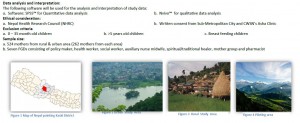

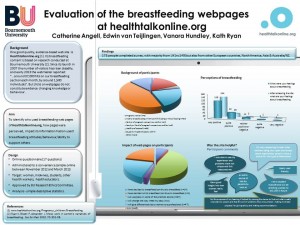
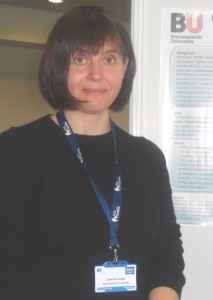
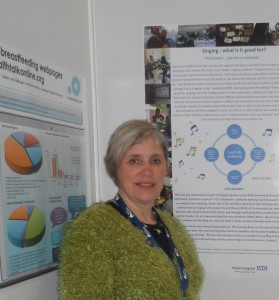
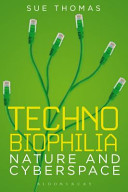
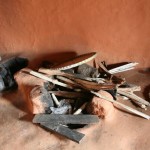
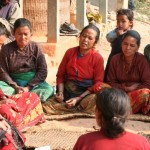
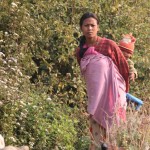

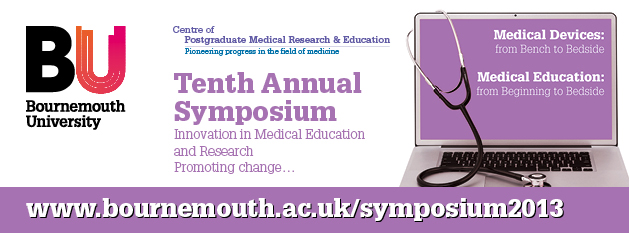











 Read and sign up to BU’s Policy Influence Digest
Read and sign up to BU’s Policy Influence Digest Upcoming opportunities for PGRs – collaborate externally
Upcoming opportunities for PGRs – collaborate externally BU involved in new MRF dissemination grant
BU involved in new MRF dissemination grant New COVID-19 publication
New COVID-19 publication MSCA Postdoctoral Fellowships 2024
MSCA Postdoctoral Fellowships 2024 Horizon Europe News – December 2023
Horizon Europe News – December 2023